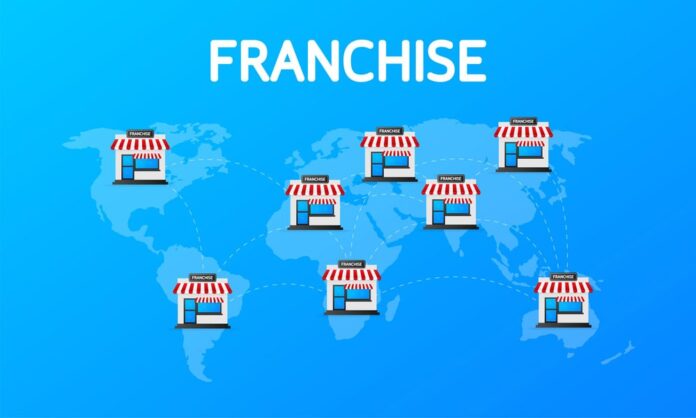Managing online visibility for multiple franchise locations presents unique challenges beyond those facing single-location businesses. Effective digital strategy requires balancing brand consistency with local relevance while preventing counterproductive competition between locations. Strategic implementation of Franchise SEO principles helps multi-location operations maximize overall visibility while supporting individual location success.
Centralized vs. distributed SEO responsibility
Franchise operations must determine optimal divisions of responsibility between corporate teams and location owners. This allocation significantly impacts implementation effectiveness and ongoing maintenance of SEO strategies.
Most successful operations maintain centralized control of:
- Website platform and technical infrastructure
- Brand messaging and core content development
- Design elements and visual identity
- Domain strategy and linking structure
- Training and compliance oversight
Individual locations typically manage:
- Local business profile completion and verification
- Location-specific content additions
- Local review management and responses
- Community engagement activities
- Local link-building opportunities
This balanced approach maintains brand consistency while allowing local personalization that search engines reward with improved visibility. When properly executed, this division leverages corporate resources for technical requirements while utilizing local knowledge for community connection.
Technical implementation for multi-location success
Website architecture decisions significantly impact how search engines understand relationships between franchise locations. Several specific technical approaches have proven particularly effective for Franchise SEO implementation.
Location pages require unique, substantial content rather than duplicated templates with changed city names. Search engines potentially penalize apparent duplicate content, even when representing legitimate different locations. Successful implementations include:

- Location-specific imagery and team information
- Unique descriptions of facility features and amenities
- Local community involvement and partnerships
- Area-specific service highlights relevant to the local market
URL structure should logically indicate location relationships while maintaining SEO value. The most effective approaches typically use:
- com/locations/city-name
- com/state/city-name
- domain.com (subdomain approach)
Each approach offers specific advantages depending on brand structure and marketing objectives. To establish transparent relationships, the selected pattern should be implemented consistently across all locations.
Google Business Profile optimization for franchises
Local business listings represent critical visibility points for franchise locations, often providing first contact with potential customers through map searches and local packs.
A franchise SEO strategy should include standardized verification procedures ensuring all locations claim and verify their Google Business Profiles. Corporate teams typically manage this process while local operators provide necessary verification responses.
Listing information requires careful standardization across:
- Business name format (avoiding unnecessary location additions)
- Category selection (primary and secondary choices)
- Service descriptions and featured attributes
- Hours of operation formatting
- Accepted payment methods
While maintaining these consistent elements, profiles should include unique location-specific:
- Recent photographs of actual facilities and team
- Questions and answers addressing location details
- Location-specific reviews and appropriate responses
Regular profile updates signal active management to both algorithms and potential customers. Implementing monthly update schedules for each location helps maintain listing freshness while providing opportunities to highlight seasonal offerings.
Creating performance benchmarks based on location maturity provides realistic expectations for new locations while establishing growth targets derived from successfully established operations. These tiered expectations acknowledge the time required to build a local search presence.
Franchise SEO represents a specialized discipline requiring technical expertise and an understanding of multi-location business operations. When properly implemented, these strategies create sustainable competitive advantages that benefit corporate entities and individual franchise owners through increased visibility and customer acquisition.








